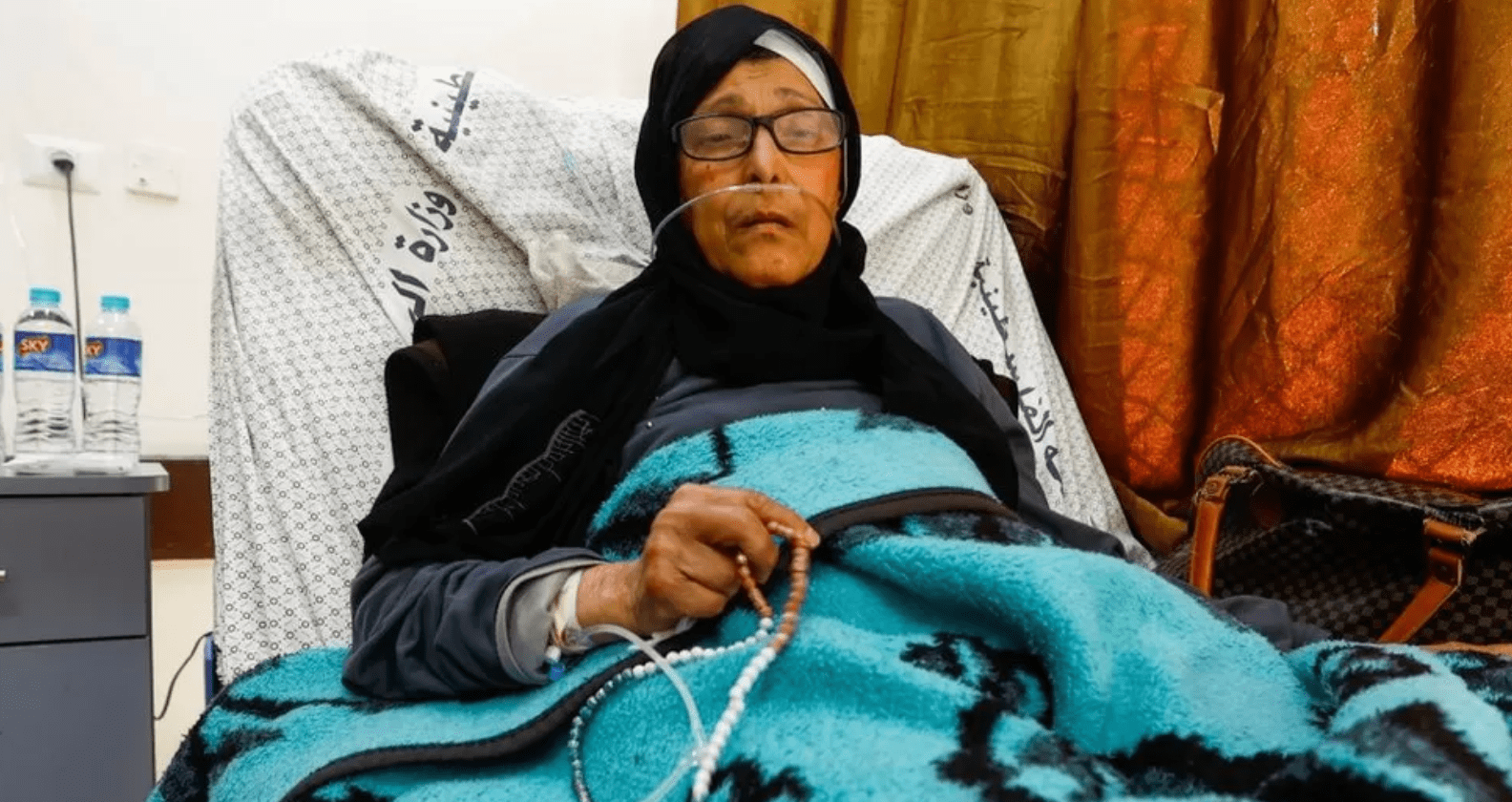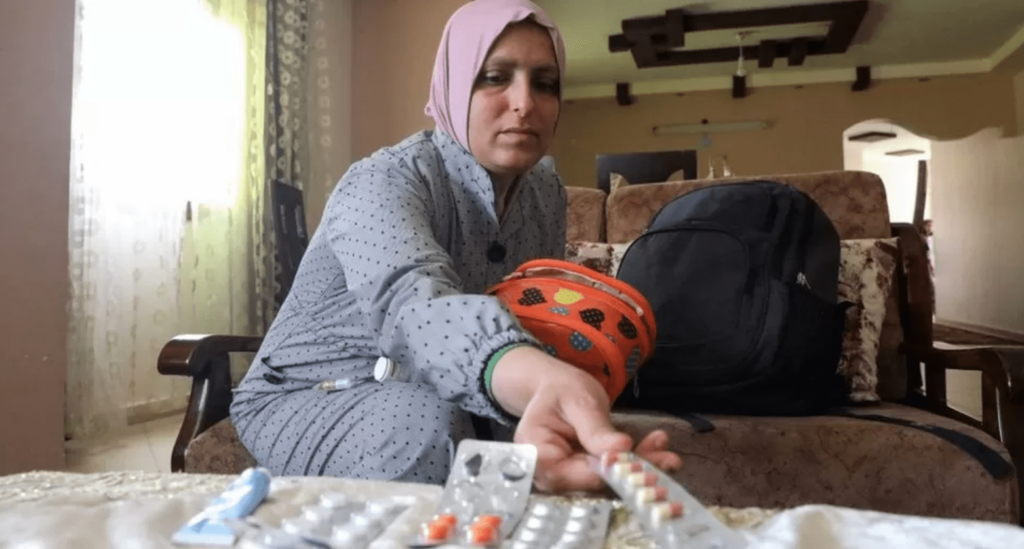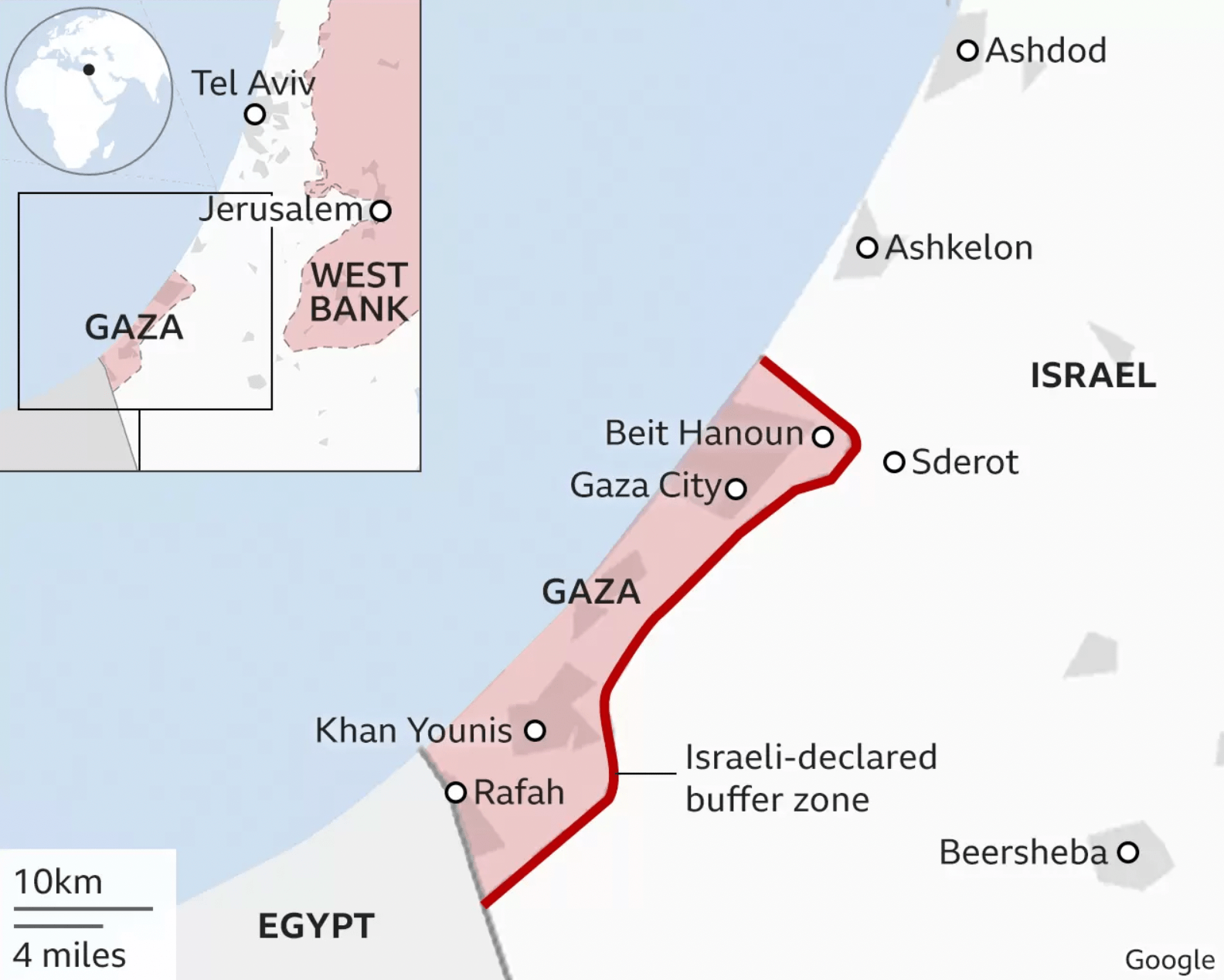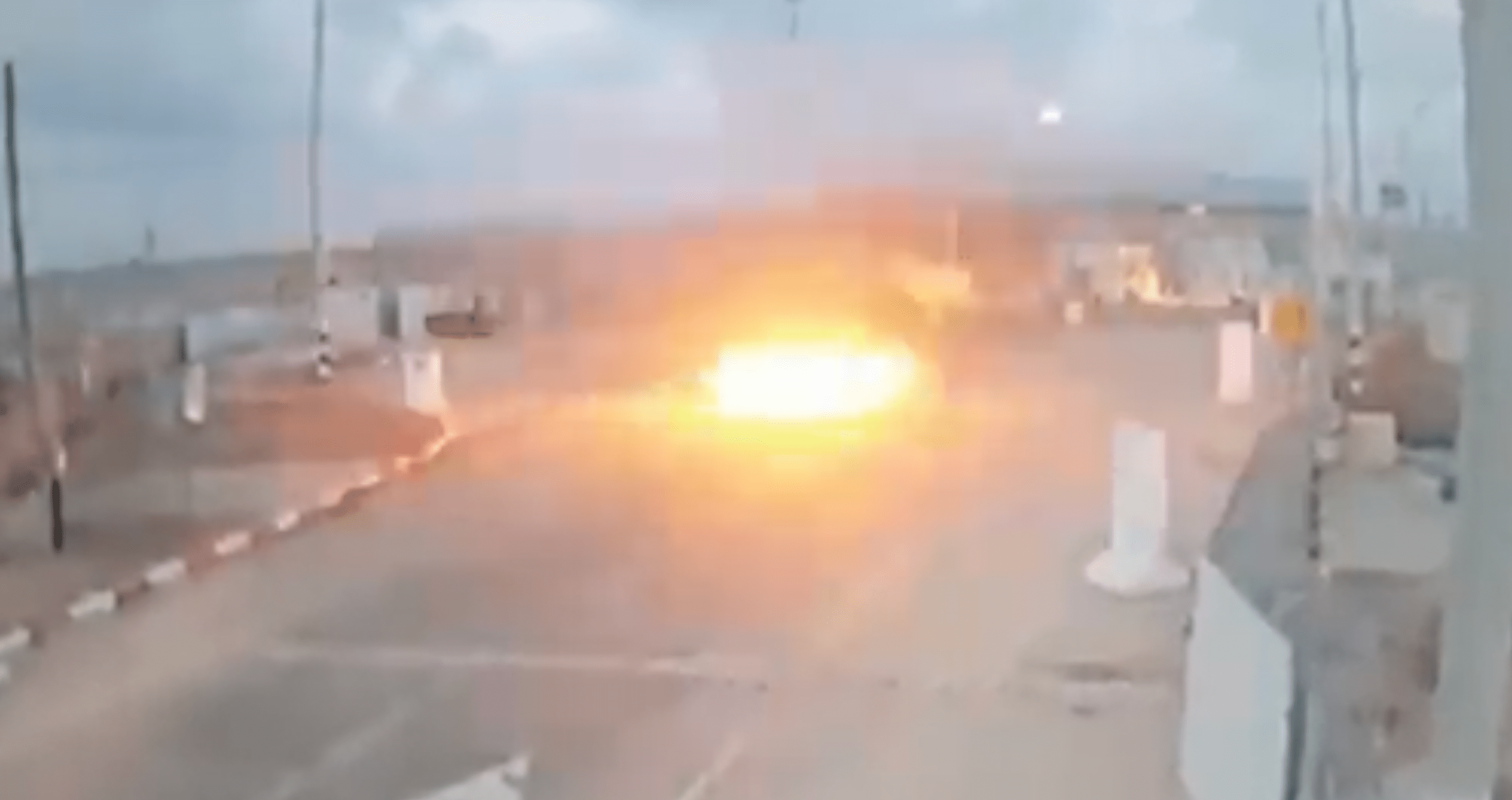As the conflict intensifies between Israel and militant groups in Gaza, the humanitarian situation in the Palestinian territory is causing growing concern.
Over 200 patients, predominantly those battling cancer, including children, are trapped and unable to access vital treatment. Israel, which has control over the two main crossings for people and goods in Gaza, has kept them closed since the military operation began on Tuesday.
Adding to the distress, the sole power plant in the impoverished region, heavily dependent on fuel imports from Israel, is at risk of shutting down within three days. This impending closure, according to a spokesperson, will exacerbate the already dire humanitarian crisis.
The power plant currently supplies approximately half of the electricity for the 2.3 million Palestinians residing in Gaza.
Amidst the ongoing crisis in Gaza, a British surgeon, Prof Nick Maynard, and approximately 140 other humanitarian workers find themselves stranded in the region. Prof Maynard, a consultant surgeon from Oxford University Hospitals, arrived in Gaza City recently to participate in an aid program aimed at teaching advanced cancer surgery techniques to Palestinian doctors. He voiced his grave concerns regarding the plight of cancer patients who are now confronted with potentially life-threatening treatment delays. According to Prof Maynard, the mounting delays in cancer treatments are undeniably contributing to fatalities among patients. He also mentioned that he is one of about a dozen non-resident British nationals who are currently unable to leave Gaza.
One of the affected patients, Ziyad al-Za’noun, a 70-year-old individual suffering from spinal cord cancer, receives weekly treatment at Istishari Hospital in Ramallah, located in the occupied West Bank. Ziyad lamented the lack of treatment options available in Gaza and the devastating impact of the closure of the Erez crossing on his chemotherapy sessions. As his health deteriorates, he relies on painkillers to manage his symptoms, and both his physical and mental well-being are declining.
The blockade imposed by Israel on Gaza since 2007, following its takeover by Hamas, an Islamist militant group, has exacerbated the humanitarian crisis in the region. Israel cites security concerns as the reason behind the tightened restrictions. Hamas, which does not acknowledge Israel’s right to exist, is deemed a terrorist organization by Israel and several other countries.

The hospitals in Gaza are grappling with critical shortages of medical equipment and medicines, primarily attributed to the blockade imposed on the region. However, internal political divisions among Palestinians have also contributed to the dire situation. To receive essential medical treatment, cancer patients must apply for permits from Israeli authorities to exit Gaza through the Erez crossing. Among those who obtain these permits, most are transferred to Augusta Victoria Hospital in occupied East Jerusalem.
Dr Fadi al-Atrash, the chief executive of Augusta Victoria Hospital, revealed that over the past week, more than 90 patients, including six children with cancer, were unable to travel to the hospital as planned. The lack of services, medications, human resources, and appropriate infrastructure in Gaza necessitates referrals to hospitals like Augusta Victoria and others in the West Bank.
Once the current hostilities come to an end, patients and their accompanying relatives will need to reapply for new Israeli permits to leave Gaza. Dr Fadi explained that the reopening of checkpoints will introduce another process for permit applications, resulting in additional delays for patients seeking treatment. This further prolongs the already substantial delays they have endured in the past week.
Moreover, Gaza’s power plant is reducing its electricity generation in an attempt to conserve fuel reserves. If the power plant shuts down, it will have a significant impact on various services throughout the region.

The Gaza Electricity Distribution Company, through its spokesperson Muhammad Thabet, warns that the prevention of fuel shipments endangers a complete halt in electricity supply. This would have dire consequences for vital facilities such as hospitals, waste pumps, treatment plants, potable water wells, and desalination plants.
Under normal circumstances, around 300 truckloads of goods enter Gaza daily through the Kerem Shalom commercial crossing with Israel. In previous conflicts, extended closures of the crossing would have resulted in severe food shortages. However, Egypt has recently eased its strict restrictions on the Palestinian territory, allowing a continued flow of food and other goods into Gaza.
Currently, supermarkets still have stocks of basic items, but empty shelves have led to long queues as people begin to stockpile essential supplies.
The Israeli military-run authority responsible for controlling entry into Gaza states that their crossings have remained closed this week due to the constant threat of rocket fire. The Israeli defense ministry reported that Palestinian Islamic Jihad (PIJ) militants had fired numerous mortars at Erez and Kerem Shalom since Tuesday. They also shared alleged security camera footage showing a blast caused by a mortar fired at Erez.

The initial day of Israel’s airstrikes did not see any Palestinian fire, and there have been intermittent periods of relative calm throughout the conflict. However, the intense barrages of Palestinian rockets and Israeli airstrikes and shelling have effectively halted normal life for millions of ordinary people.
In Israel, approximately 1.5 million individuals have been instructed to remain close to or seek refuge in bomb shelters. Schools and many businesses in the southern part of the country have been forced to shut down. As a result, self-employed individuals like one resident from Ashkelon have experienced a complete loss of income for themselves and their spouse, who owns a closed shop.
Despite Israel’s air defense systems, they have not been able to intercept all of the hundreds of rockets fired by Palestinian militants. Tragically, one woman has been killed, and several people have sustained injuries. Numerous buildings have also suffered damage.
In Gaza, the toll of the conflict is severe, with approximately 33 people killed, including women and children, and a significant number of houses and apartments destroyed or damaged. The UN reports that as of Friday, around 417 individuals from approximately 73 families have been internally displaced due to the fighting.

The UN has expressed grave concerns about the deteriorating humanitarian situation in Gaza, where over half of the population lives in poverty. The ongoing conflict only exacerbates these existing challenges.




